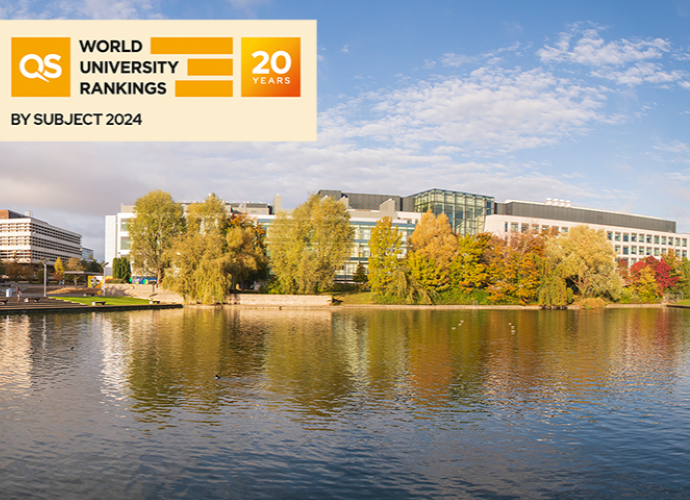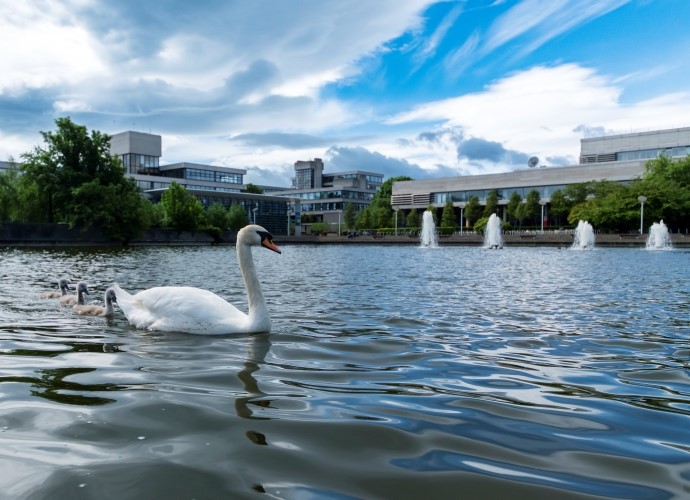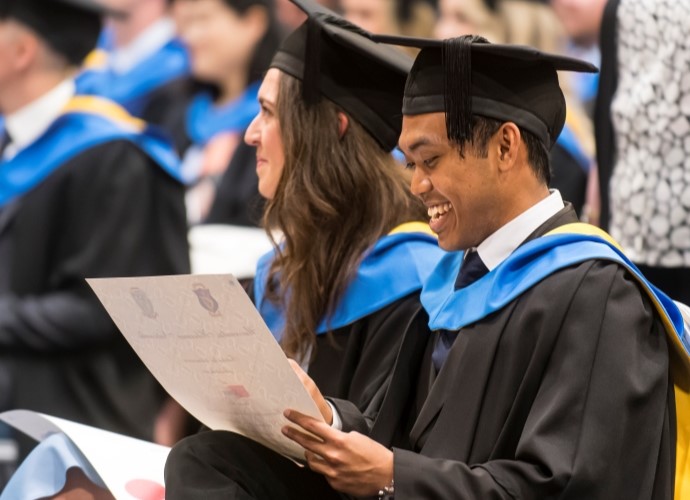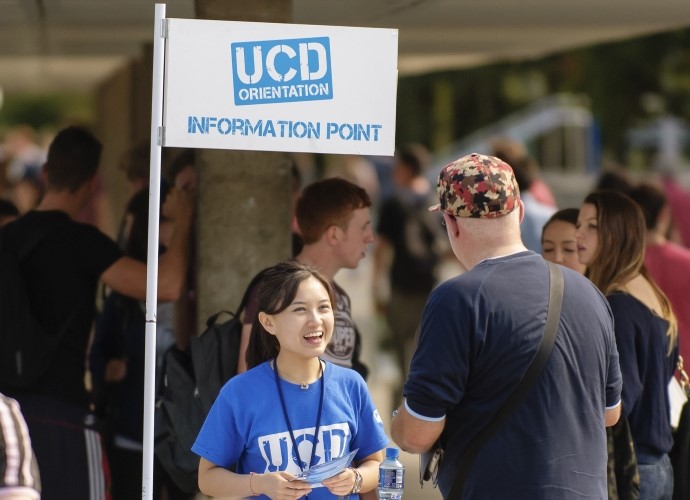Politics is a broad subject, our core courses will give you the key skills needed. After that you can decide to take a broad overview of politics as a discipline or you can focus your studies on the following areas;
Irish Politics
Studying Irish politics opens up questions about how decisions are made within this country, who the main political actors are, and how the main institutions of state function. It includes finding out what the main political parties stand for, and the ways in which they may resemble or differ from parties in other countries. Courses are also offered on the politics of Northern Ireland, with opportunities to study the troubles and the peace process, and the international as well as domestic aspects of the politics of conflict resolution.
Political Theory
- Examines critically key ideas and values at stake in politics, including freedom, equality, community, democracy and justice.
- Considers what, if anything, makes political authority legitimate - power or the consent of the governed.
- Explores whether all these principles apply globally or only among citizens within national democratic states.
International Relations
Studying International Relations teaches you;
- The development of the modern international system, focusing especially on the post-Cold War era.
- Contemporary international politics: war and other forms of inter-state conflict, global trade and communication, migration, economic inequality, global environmental issues, terrorism, human rights, and the role of multinational corporations and transnational pressure groups.
- EU decision-making and of key developments in EU history, and examines the implications of EU membership for national sovereignty.
European Politics
- You will learn what the EU is all about. This includes an introduction to the composition and competencies of the major actors (European Commission, Council of Ministers, European Parliament, European Court of Justice). We also explore how the EU works and how European law is made.
- You will also learn about how the EU’s policy output and powers affect the lives of European citizens.
- In addition, we analyse the dynamics of decision-making under the Lisbon Treaty, focusing on the impacts of Eastern enlargement on the EU, and the future of the EU.
Comparative Politics
We study the political systems of all the world’s democracies. In addition, we examine how a comparative approach can deepen our understanding of issues such as the distribution of power, state-society links, voting behaviour, political parties, government and policymaking, and public policy.
Development Studies
You will have acquired a good understanding of key current debates about development: why and how have some countries ‘developed’ while others have not? In addition, students will become aware of how global institutions work for or against development and of how particular issues - including trade, foreign aid, migration, and conflict - interact with development.
Human Rights
You will learn the concept and justifications of human rights, the kinds of moral rights that people have and the practical and theoretical challenges that a theory of human rights has to face.
Democracy and Citizenship
- Examines diversity in contemporary societies, which is the focus of a number of important debates - for example, the long-standing debate on what is needed to include women as equals in society and political life.
- Investigates new demands for equal treatment from those who differ from what is taken to be the social mainstream in race, origin, sexual orientation, religion, language and other cultural practices, or abilities, among others.
- Nationalism & Ethno-conflict
- Engages with the debates on the nature of ethnicity, identity, nationality and the ways ethnic conflict comes about.
- Evaluates the different ways in which ethnicity is manifested and managed, and the changing forms of nationalism in the contemporary world.
Political Research and Data Analysis
The digital revolution has confronted politics and society with a multitude of new challenges and upset the traditional balance of power between government, individual citizens, and broader society. The explosion of online and social media, the proliferation of digitised information, and improved electronic access to political decision-making provide new opportunities to study existing and emerging political processes. You will learn how to use quantitative research methods and statistical programming languages to understand politics in the digital age. These relevant practical and analytical skills will benefit you academically and professionally throughout your career.






